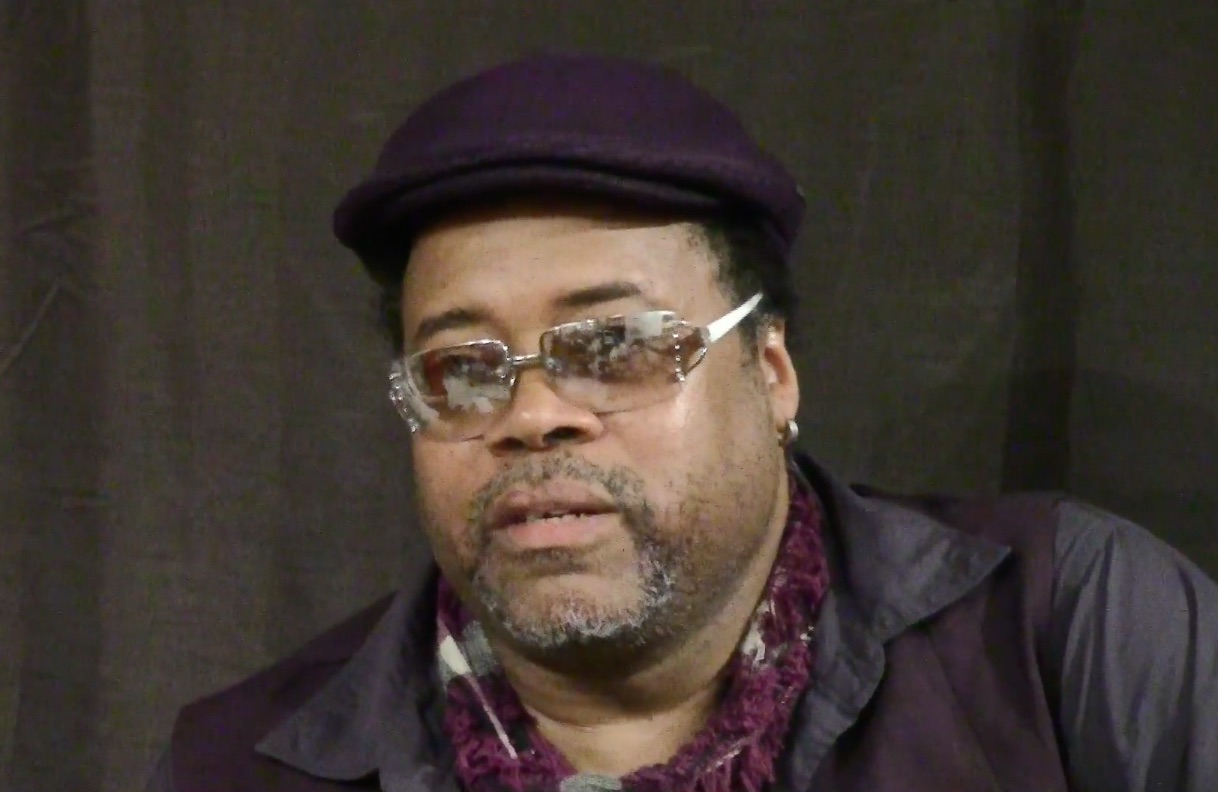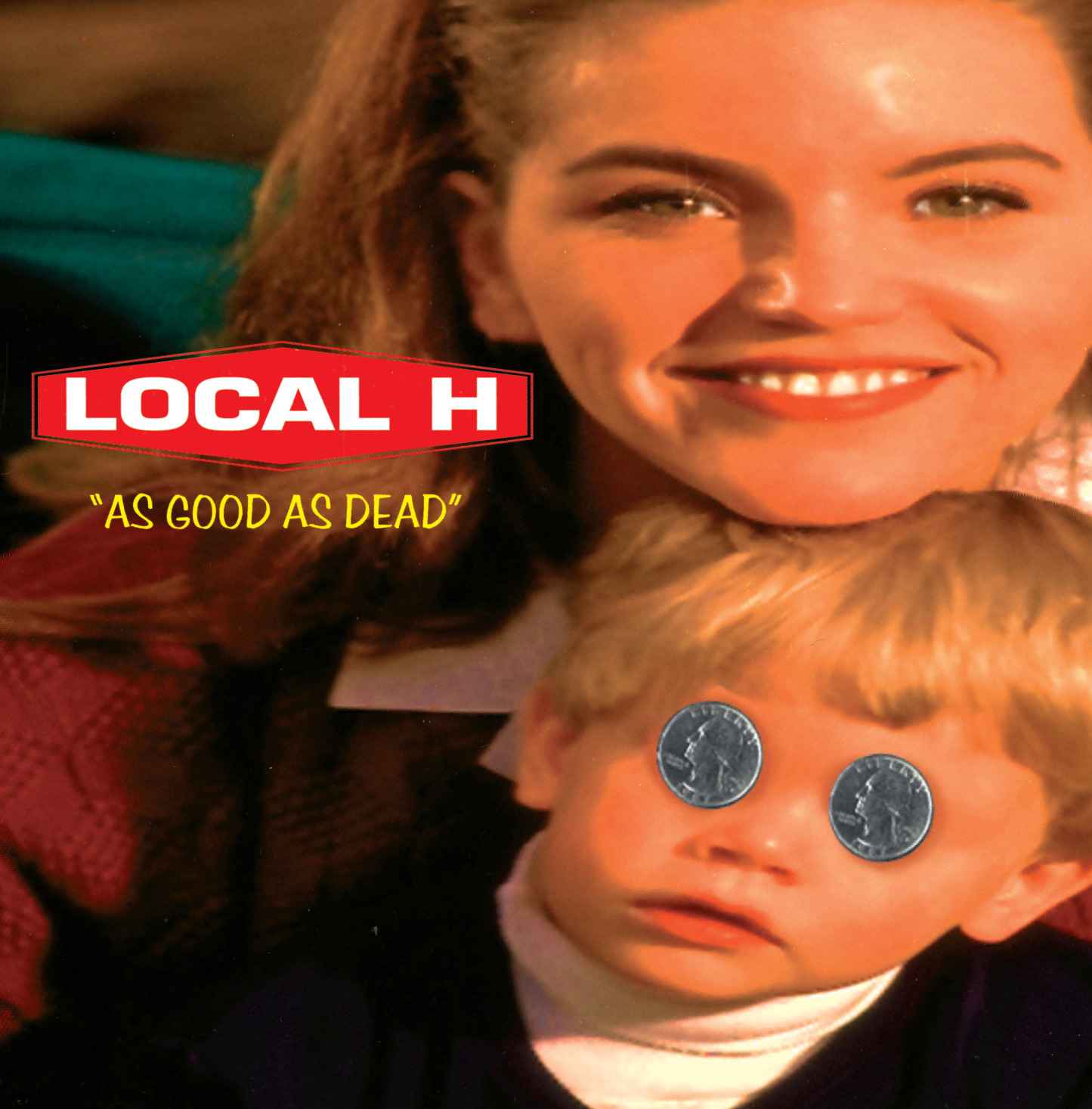Greg Tate, one of the greatest music critics in the history of the form, has died. Duke University Press, Tate's publisher, has confirmed the news of his death to ARTNews. No cause of death has been revealed. Tate was 64.
Tate was born in Dayton, and he grew up there and in Washington, DC. After graduating from Howard University, where he studied music and film, Tate moved to New York. In the early '80s, Tate began to write for the Village Voice. Later on, he also wrote for publications like Spin and Vibe. Tate took hip-hop seriously when few other critics did, and he also located hip-hop within the vast history of Black music, writing with an astral and poetic force about the way this music moved through time and space.
Tate was also a musician, and he co-founded the Black Rock Coalition alongside artists like Living Colour's Vernon Reid in 1985. Tate wrote the group's manifesto: "Rock and roll, like practically every form of popular music across the globe, is Black music and we are its heirs. We, too, claim the right of creative freedom and access to American and International airwaves, audiences, markets, resources and compensations, irrespective of genre." In 1999, Tate started leading Burnt Sugar, a vast ensemble that often featured dozens of musicians and played an improv-heavy combination of jazz, rock, funk, and whatever else they felt like playing. Burnt Sugar released a number of albums and played some overwhelming performances over the years.
In 1987, Tate became a staff writer at the Village Voice, and he held that position until 2005. In 1992, Tate published the hugely important collection Flyboy In The Buttermilk: Essays On Contemporary America, a canonical work of criticism. He published more books afterwards, and he also served as a visiting professor at Brown and at Columbia. He's one of the talking heads in ?uestlove's recent documentary Summer Of Soul.
On a personal note, I read Tate's work as a teenager, and it sent my mind spinning. 2005, the year that I started my career at the Village Voice, was also Tate's final year at the paper. Our overlap was brief, and Tate wasn't in the office often. I only talked to him once, mostly because I didn't feel like I belonged in the same room as that man. In 2006, when James Brown died, my editor Rob Harvilla asked me to write a piece on his influence for the paper, and I said something like: "Why the fuck do you want me to write something? Get Greg Tate!" Rob listened, and Tate wrote this. The world is better off for having that piece in it.
At the time of his death, Tate was reportedly working on a book about James Brown for Riverhead Press. Hopefully, that book will come out in some form. There is nobody left on this planet who could write about James Brown -- or anything else -- the way Greg Tate did.






